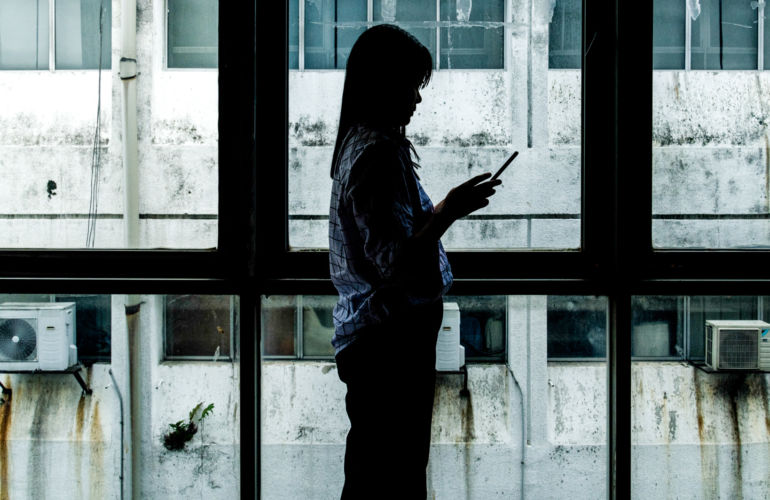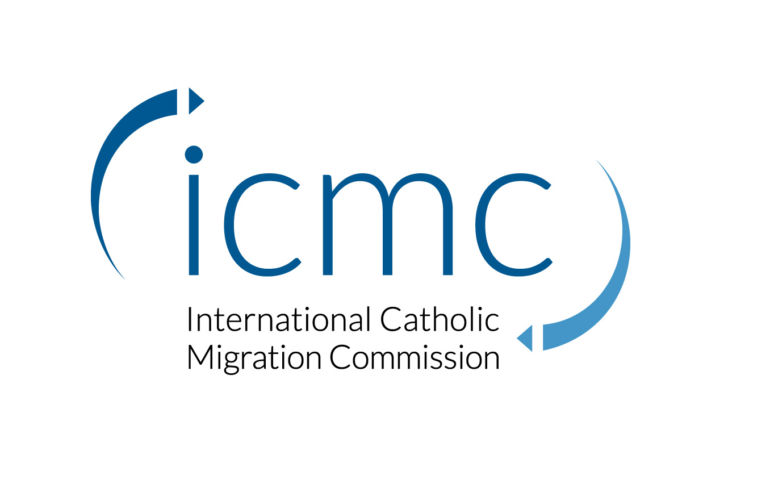Afghan Refugees Open up About Being Teens in Pakistan
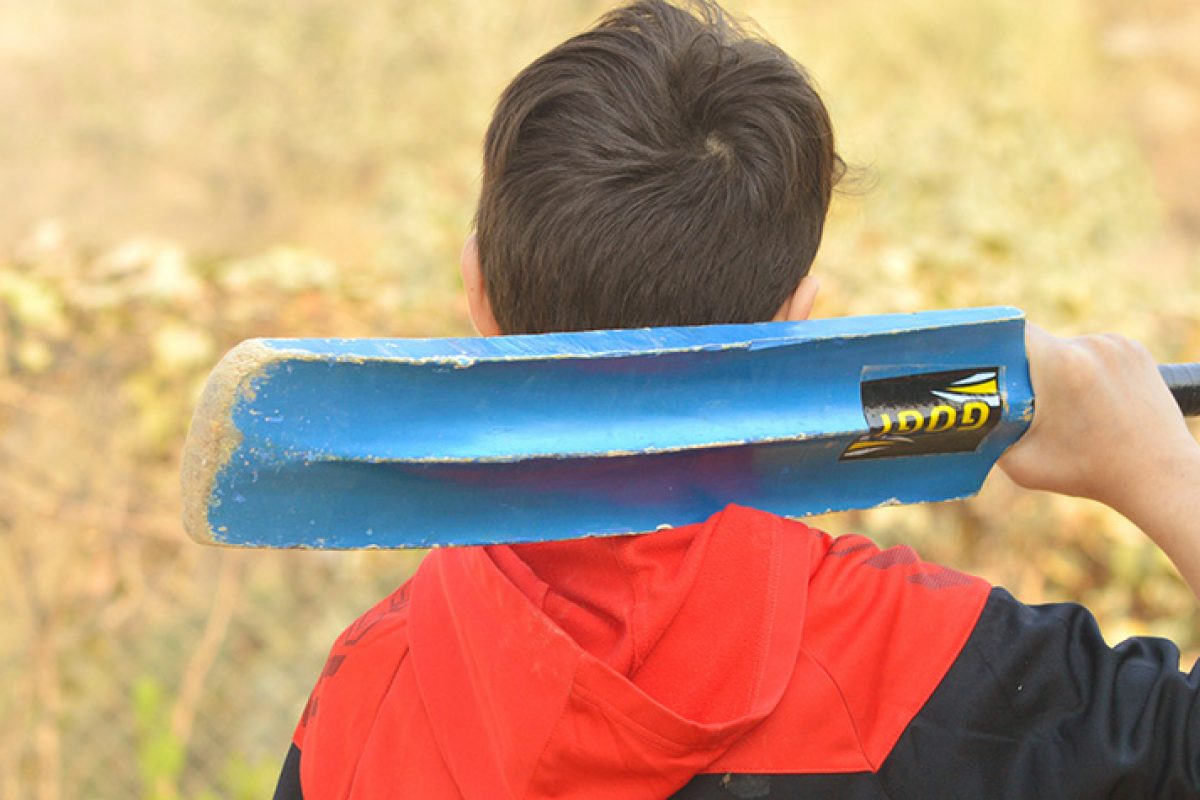
Dealing with the highs and lows of being a teenager can be a challenge. Much more so when you grow up far away from everything you once called home.
Sajia, Farwardeen, and Farhad are three Afghan teenagers* who have something in common besides age and nationality. Together with their mothers and siblings, they all fled domestic violence in their country and found shelter in a safe home in Islamabad, Pakistan’s capital city.
Before being resettled to a third country, the safe home offered them and their families a temporary haven and a healing atmosphere. As fleeing their home country also meant leaving school abruptly, the three teenagers got the opportunity to begin or continue their studies in the safe home.
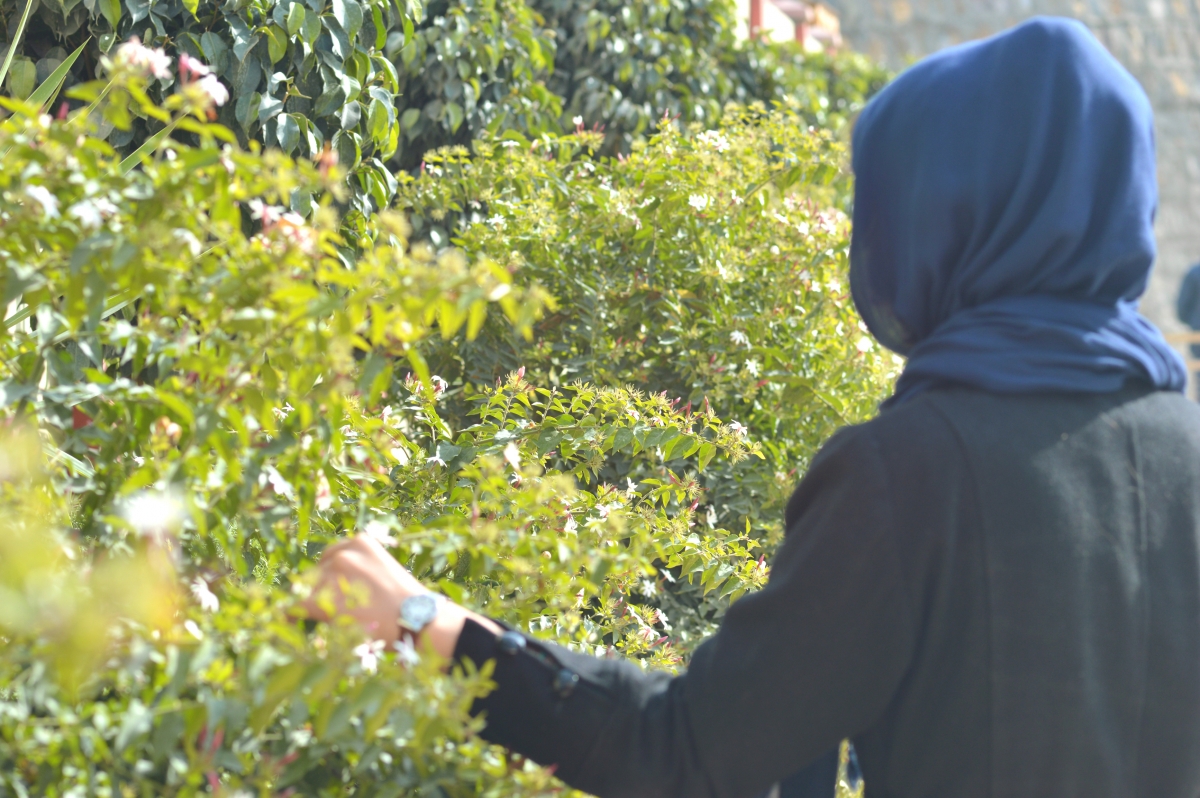
“The biggest relief for me is that I can get an education here; they have taught me to love and respect others,” commented Sajia, a talented 17-year-old girl. She sometimes felt worried about the future, especially when memories of the past start floating back. “The thought that life is moving fast and I have not accomplished much makes me upset.”
A decades-long history of foreign invasions and civil wars prompted many Afghans to seek safety in neighboring Pakistan. Some 1.6 million of them are recognized as refugees by the UN Refugee Agency. About half of those are children under the age of 14. Pakistani public schools are overstretched, and Afghan families often cannot afford to pay for their children’s education. As a result, approximately 80 percent of Afghan refugee children are out of school.
Sajia loves writing stories and finds it particularly comforting when it rains. “Nothing makes me happy except rain. It soothes my soul, and I feel as if it takes away all my sorrows.” What does Sajia hope for her future? She would like to become an astronaut, dreaming of flying high enough to touch the stars.
Being able to dream again of her future is perhaps the most important thing the safe home in Islamabad accomplished for Sajia. Managed by the International Catholic Migration Commission (ICMC) and located in a non-disclosed venue, the safe home offers a protected environment to survivors of violence and their children.
Around the time Sajia arrived about two years ago, also came an outgoing 13-year old boy named Farhad. He and his family first lived in Peshawar, until the UN Refugee Agency referred them to ICMC for further assistance.
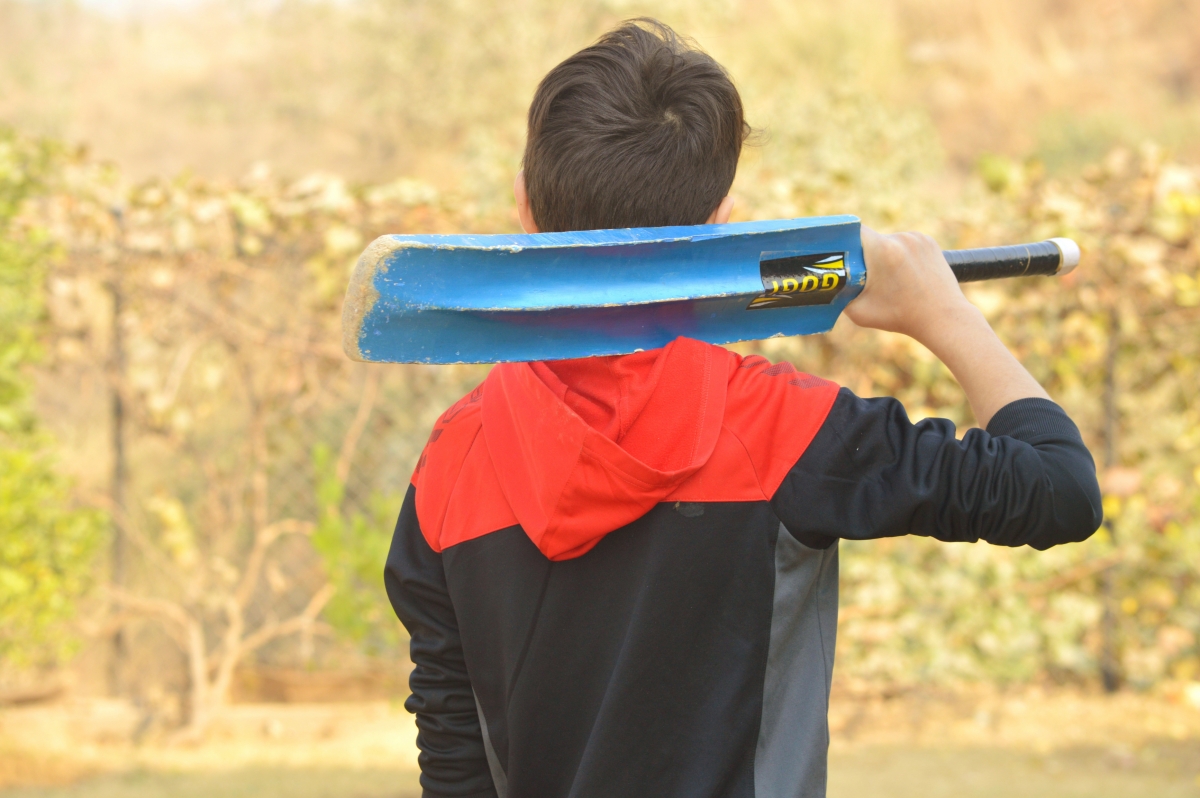
“The early days in the new home were really memorable, as I used to study and play with my friends,” Farhad recalled. “Then they were all resettled, leaving me nostalgic.”
All the boy remembers about Afghanistan is abuse, discrimination and neglect. “I wish people would have never have to become refugees and could live a free life in Afghanistan.” But Farhad does have dreams too: he wishes to become a doctor or a cricketer.
Through the safe home, ICMC offers shelter and protection to survivors of sexual or gender-based violence. Every year approximately 40 vulnerable individuals are given a safe place to stay as well as group counseling sessions.
The safe home also offers youngsters non-formal education activities, such as script writing, singing, class decorations with recycled material, and screening of motivational videos.
However, life at a safe home also involves downsides. For instance, for security reasons, the residents of the safe home can leave the premises only on certain days, and must always be accompanied by ICMC staff.
“We strive to make this house as warm and welcoming as possible,” says Saira Bukhari, ICMC Pakistan’s Child Protection Officer. “We try to restore the hope of children who may have only one concept of ‘home’ engrained in their minds: a place of fear and violence.”
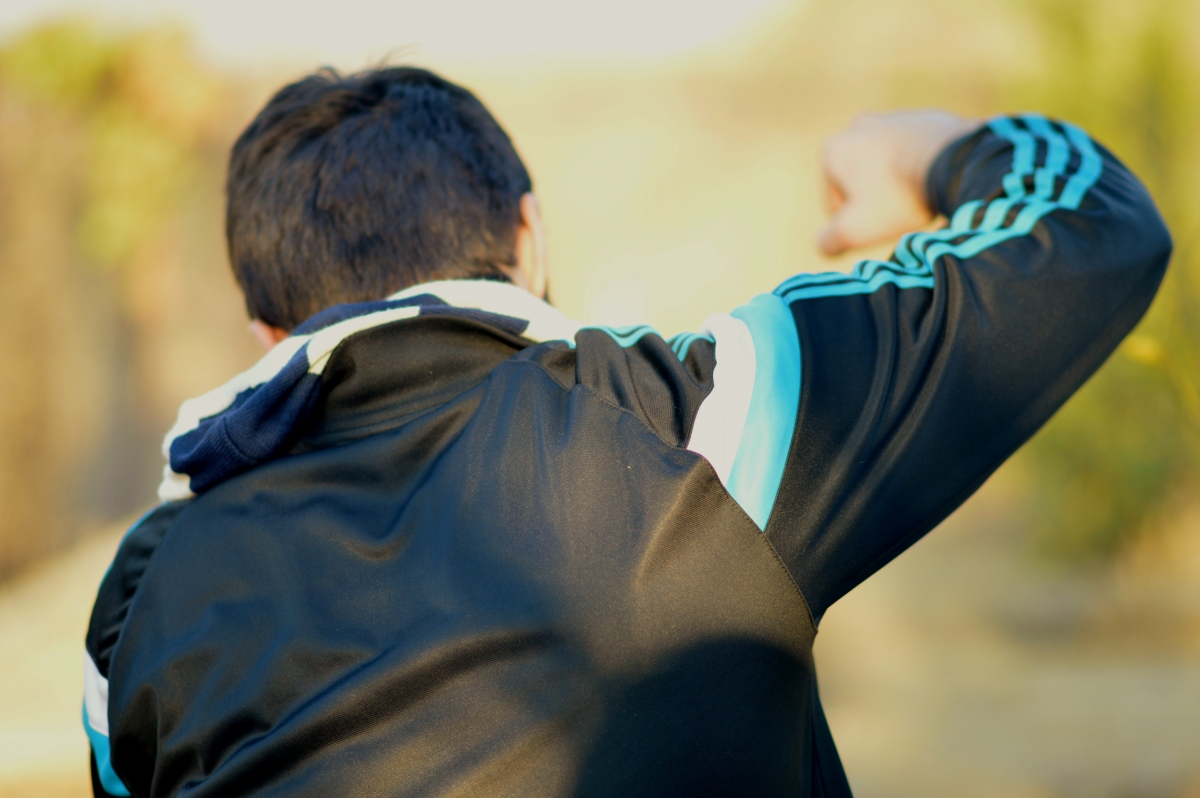
Farwardeen, another safe home resident, proves that the teens do not forget from where they come. In the words of the 17-year old boy, who often felt lost in Pakistan, “homeland is homeland; it is your own soil.”
Farwardeen likes reading, playing cricket and football, and boxing. He enjoys his own company but is also open to listening to his brothers and sisters’ concerns. “My siblings discuss their issues with me, and I always end up addressing their problems, making them relieved and happy,” he said.
Already looking forward to adulthood, Farwardeen would like to catch up with his education and become financially self-reliant. But above all, he would always want his family to stay together. “Family is a strength; we have faced several setbacks in our life, but these hardships could not break the strong bonds that we have.”
Today, Sajia, Farwardeen, Farhad and their families have been resettled to a third country. Presumably, the safe home in Islamabad will soon become just a memory, as they start living step by step the life they have always dreamt of.
About the work of ICMC in Pakistan
ICMC Pakistan provides refugees with psychosocial and medical care, recreational activities, legal and financial assistance, water and sanitation services as well as job placements and training. Working with the UN Refugee Agency (UNHCR), ICMC offers a safe home for particularly vulnerable individuals and families while they await resettlement or another durable solution.
• Learn more about how ICMC protects survivors of sexual- and gender-based violence in Pakistan.
• You can support our life-saving programs here.
* The teenagers’ names have been changed to protect their identities.

